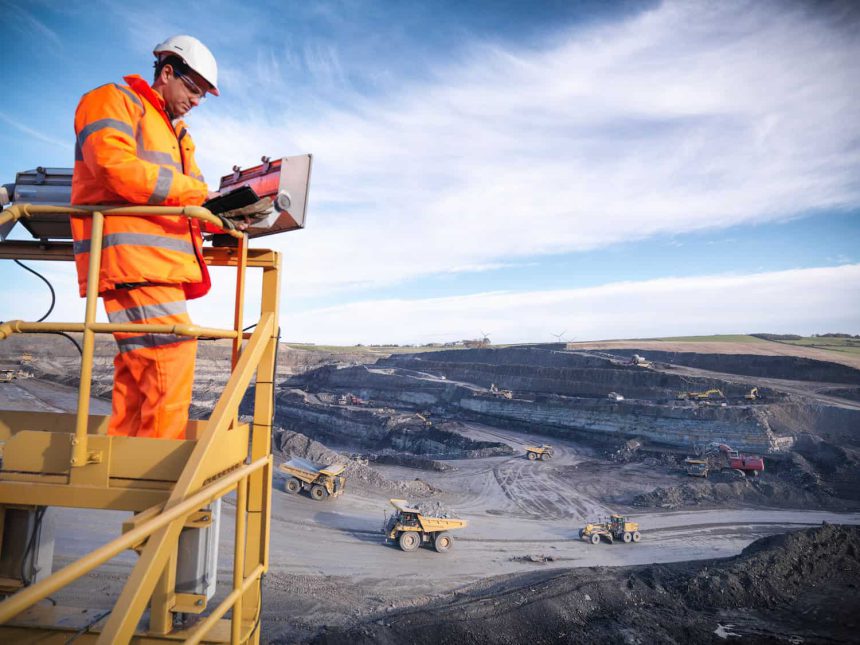ESG (Environmental, Social, and Governance) investing has gained significant momentum, but it appears that investment strategies that favour environmental, social, or good governance principles may face risks through the industrial mining sector. At a recent UN-advised alliance called the Global Investor Commission on Mining 2030, investors came together to address the systemic risks that stem from the connection between mining and the clean energy industry.
According to Adam Matthews, chief responsible investment officer at the Church of England Pensions Board, the risks of environmental damage and human rights violations of mining supply chains have not gotten enough attention. He warns that the portfolios that uphold ESG principles have the potential to expose investors to grave risks. Matthews believes that industry demands for minerals like copper and lithium will require considerably more minerals and metals than combustion-powered technology. It is essential to point out that not all mining poses risks. The Church of England Pensions Board is working towards exposing and isolating bad actors while applying higher standards of accountability as mining’s vital role in the green transition grows.
Analysts estimate that the green transition will require digging up 5.2 billion metric tonnes of metals through 2050, which may be worth as much as $10 trillion. The pressure to meet these demands is set to soar, particularly with new legislation such as the US Inflation Reduction Act, which will trigger demands for clean technologies. Mr Matthews warns that minerals and metals essential for expanding wind, solar and electric production often come from countries with unstable government structures, with mining playing a role in conflict.
Miners play an essential role in the transition to a more sustainable economy, and it is not tenable for ESG investors to avoid the mining sector altogether. However, the Church of England Pensions Board chose to exit its entire Vale stake as part of a drive to improve mine safety. The goal is to apply much higher standards of accountability as the mining sector’s vital role in the green transition grows.
Manufacturers in the renewables industry and their investors already face a stricter regulatory environment in some key jurisdictions. The EU Corporate Sustainability Due Diligence Directive is one such initiative to ensure companies screen their supply chains for ESG risks. Additionally, the EU unveiled the Critical Raw Materials Act to secure sustainable access to minerals and metals necessary to achieve climate neutrality.
While the renewables boom is set to inflame and exacerbate mining’s inherent problems, it is crucial to ensure that it is not a mad scramble to meet demands without consultation with the communities. If so, this could lead to the industry losing its social licence to operate. The challenge lies in finding ways to mine responsibly.

عبدالرحمان زمین پیما
Author

آرمان جعفری
Author

